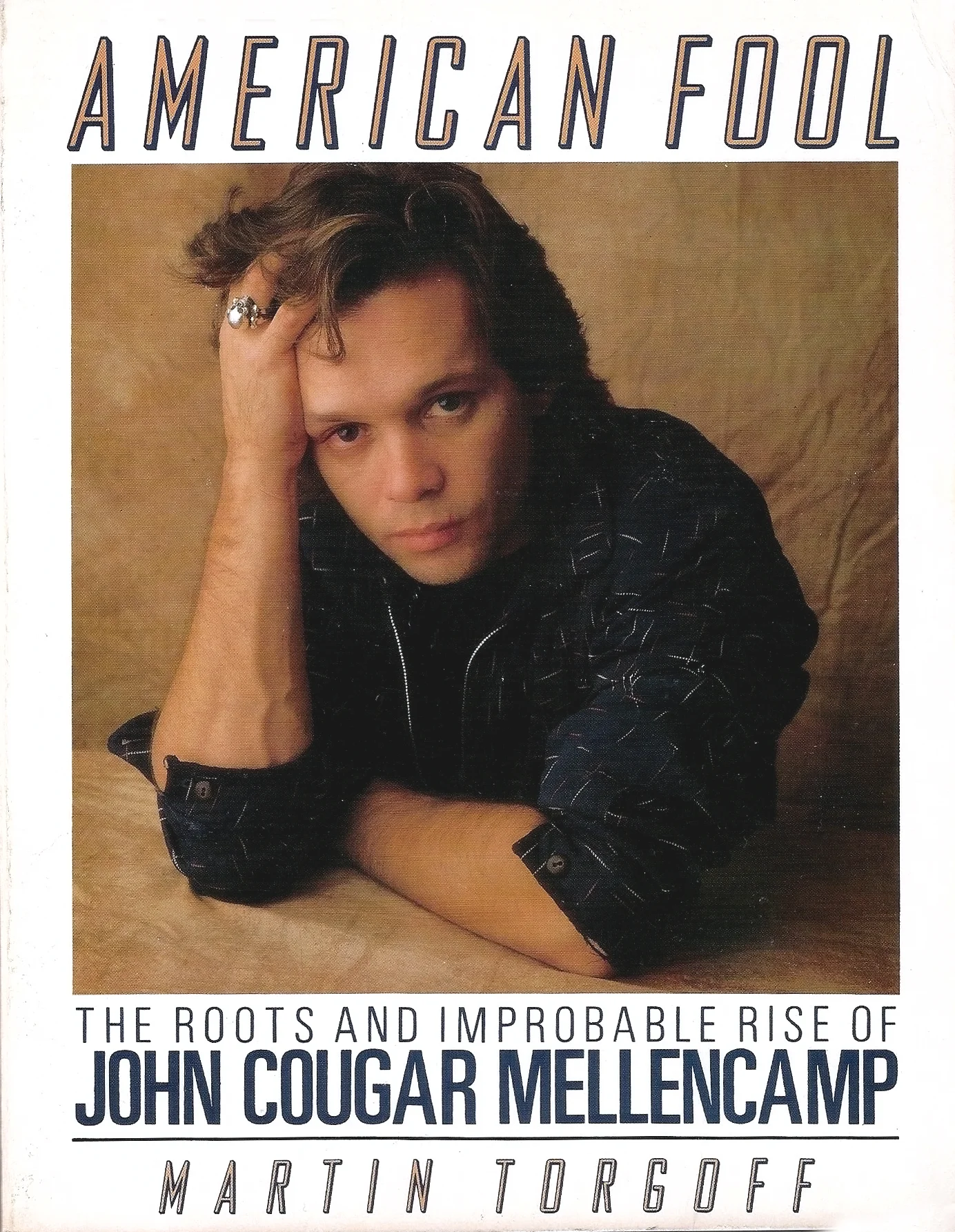Preface
It felt good opening up for the Who on their final tour of America. John Cougar had been an opening act for years now, and the role was one he felt particularly in tune with; it required juicing up the crowd, warming them up for the headliner—it was tailor-made for born upstarts and rabblerousers. He was dancing up the stage scaffolding when the beer bottle came humming out of nowhere and—thunk!—conked him on the head. As he sank to his knees, eyes rolling in his head, everything went blurry, then black; the band members huddled around him. “Shit, he’s out cold.” The crowd of fifty thousand souls who had jammed Sun Devil Stadium in Tempe, Arizona, watched in horror as they carried him offstage.
Standing up there, gazing into the glare of the stage lights against the darkness of the vast stadium, he could never have seen it coming. These flying objects come raining down from the balconies of rock palaces, landing at your feet, whizzing by, ricocheting off your body, your guitar—missives of every emotion and impression that people in the audience feel but cannot personally articulate to the performer. There are pins, bottlecaps, candies, and small change (Here I am); roses and articles of lingerie from women (I love you and I wanna fuck your brains out); and the more menacing missiles like empty Bud bottles, hurled by people whose minds are too dim or trashed out to know better, or with malice aforethought by people who know exactly what they’re doing (I hate you and don’t let me get my hands on you).
Once, in the very beginning, John and his band had been spat upon so mercilessly and with such disgusting velocity by the audience that they’d had to leave the stage. But that was a long time ago, way before he had almost decided to quit this crazy business and to just go off and live with the woman he loved. Now he had the No. 1 song in the country, but the reality of it still hadn’t hit him because he’d been out on the road forever and people were still giving him shit, writing that it was all a fluke and that he was no good. Sometimes the frustration would bubble up inside him like a poisonous vapor, and he would say things that were ill-advised, rash—there were warrants out for his arrest in three states for profanity onstage (okay, he curses a lot). Not too long ago he’d stormed off a late-night talk show in New York because the woman interviewing him had turned the whole thing into an inquisition about his video for a song, treating it like some kind of anthem to sadomasochism, when in fact it was as harmless as a rock and roll version of “The Alley Cat.” Millions of people who watched the show were thinking, “Jeez, what's his problem? He’s only got the best-selling album in the country...”
Now that the press was finally asking him what his songs really meant, he kept saying, “Nothing . . . they’re just some dumb lines I jotted down,” downplaying the importance of it all, decrying the incredible pretentiousness of the whole scene; and when several critics started calling him “a true populist poet,” he just shrugged his shoulders. But the truth of it was that, deep down, he was trying to decipher the meaning of it all, the way it was turning around for him after so many years, because he was smart enough to know that what he’d really wanted all along the way was to break through and soar to the height of his true potential—to a place where his music would be informed and fueled by its most natural feelings and inspirations. . . .
People were actually singing the words to his songs at the shows, which flattered him beyond words. Recently, at a show in San Francisco, a biker at the edge of the stage who loved Harleys has slipped off his black leather jacket—obviously his most prized possession—and had handed it up to him like some totemic offering. John had put on the jacket and worn it during the performance, but then the guy wouldn’t take it back. “No, you don’t understand—I want you to have it. You’re the first real rock and roller since Ronnie Van Zandt died,” the biker told him. The gift had touched him deeply.
Fuhk, he muttered to himself, as he slowly came around. A doctor was ministering to the throbbing gash in the side of his head as the faces around him came into focus: Vicky, Ted, the guys in the band, the roadies.
“You okay?”
Sitting up, he heard the impatient din of the crowd and wanted to know who had thrown the bottle. “Some asshole,” he was told by one of the crew.
“Easy,” the doctor told him, but he was pissed off, and felt an inexplicable twinge of happiness, sort of like when you get decked in a good football game. He dragged himself to his feet, muzzy-headed and wobbly in the legs, and took a few deep breaths; a rush of energy jolted his body, and his head cleared.
“Hey, lemme borrow that for a few minutes,” he said, taking the construction hardhat off one of the stagehands, and putting it on. Before anyone could object, he leaped back onstage and strode defiantly to the microphone, blood streaming down the side of his head, to sing “Hurts So Good.”
When it was over, the applause was deafening, a thunderous, ever-rising roar that washed over him in wave after wave. Then, of course, he was rushed to the hospital for suturing.
When asked about the incident later on, John quipped, “Now I finally understand what the hell the song means!” What he really meant was that he cared about it all, more deeply than he’d ever admit.
